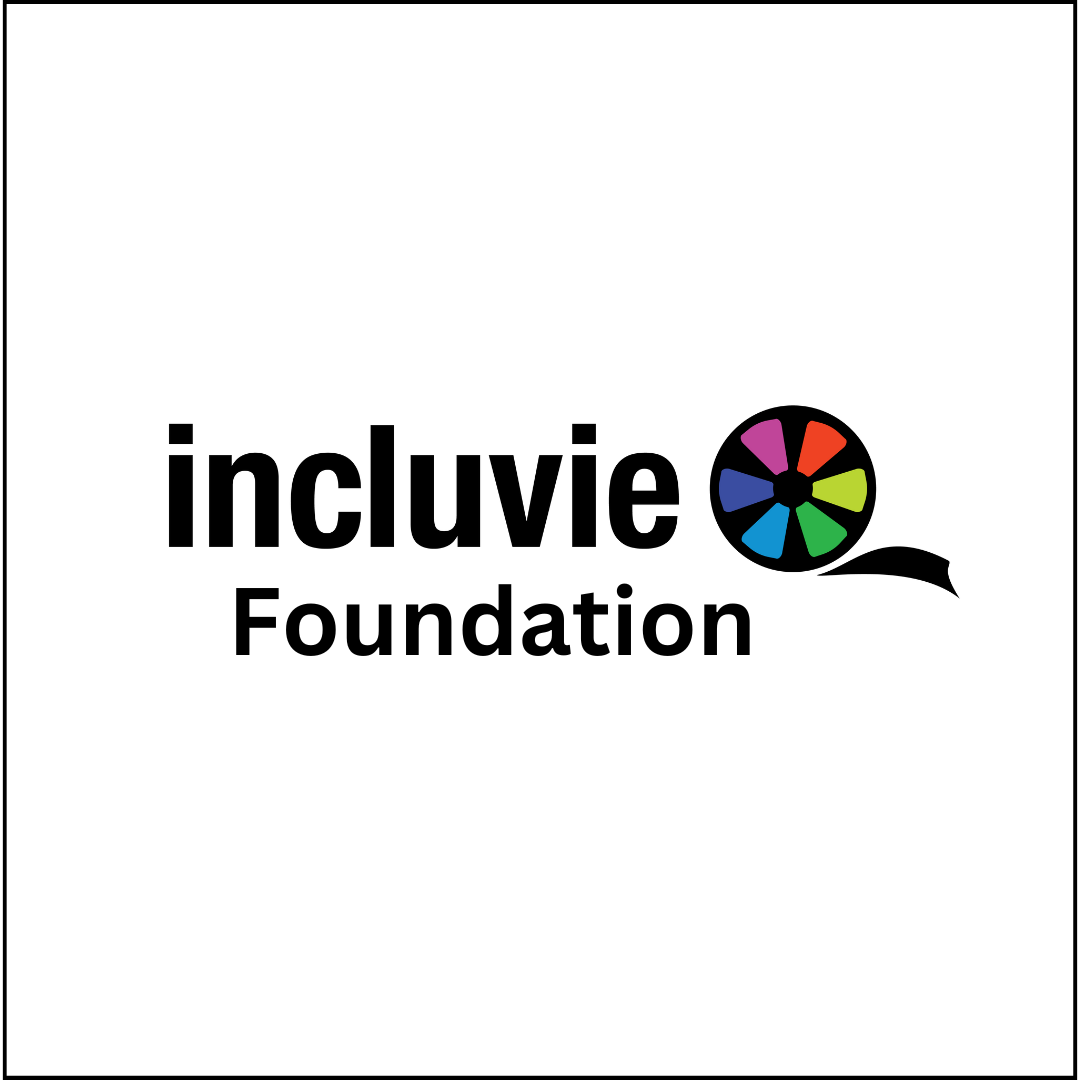Incluvie Foundation Gala - Learn More
‘Moxie!’- Amy Poehler’s Attempt at Feminist Film
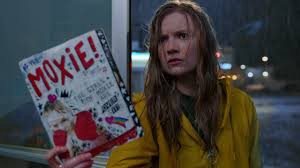
Moxie, based on the novel by Jennifer Mathieu and directed by the excellent Amy Poehler takes on intersectional feminism in a way that seems inspired by pop-culture and current socio-political issues. Arguably, Moxie takes on A LOT of current socio-political issues in a way that is digestible for audiences of all ages. Moxie tells the story of Vivian (Hadley Robinson) and her Feminist Awakening. Being the daughter of Amy Poehler’s Third Wave Feminist mom character, Vivian takes on the responsibility of a local feminist leader, yet she stays anonymous. Vivian, in desperate need to have something she is wildly passionate about, turns to her mom’s box filled with Bikini Kill CDs and protest gear to find a passion standing up for the women of her school. Cocky harassing white boys, teachers who turn a blind eye, and a principal who is too lazy to do her job and fill out title 9 paperwork are what make this stereotypical high school in need of a feminist makeover. Vivian, in a Bikini Kill-induced rage, creates a Zine called “Moxie” as an anonymous call to action for the women at her school to start taking a stand.
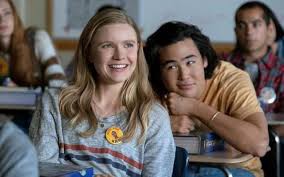
The women lead ensemble cast for this film brought so much life and intersectionality to this story, so let’s talk about them! Vivian’s BFF Claudia (Lauren Tsai) takes on the shy and smart trope and is generally anxious about the Moxie movement. Regardless, Claudia supports Vivian before she formally reveals herself by helping make Moxie an official club so they can’t get in trouble for hanging posters. Strangely, when Claudia gets in trouble for something that Moxie does, Vivian hangs her head instead of protecting Claudia. Other important members of the inner circle of Moxie include Lucy (Alycia Pascual-Pena), a fierce leader and organizer, Kiera and Amaya (Sydney Park, Anjelika Washington), excellent support and leaders in their own way, and Sean (Nico Hiraga) not only the male ally but also Vivian’s love interest. The character Sean stood out to me as significant in the Moxie movement because he refused to choose to side with his gender and supports Vivian and Moxie instead. Sean, to me, served as a male defense for the film to keep it from seeming like the message was “anti-men” but rather anti-misogyny and anti-rapist. Sean is kind, supportive, and in on Vivian’s secret. What are powerful women without support from a loving partner? I thought they were still pretty powerful, yet Moxie claims otherwise.

Vivian starts out the film believing that if she just keeps her head down, the men who harass women at her school will simply leave her alone. When Lucy looks to Vivian for support, she passes on her perspective and Lucy responds
“But, I’m going to keep my head high.”
Vivian learns a lesson in intersectionality in feminism here and notices how important it is to have women of color as her allies in her movement. Lucy experiences some of the cruelest harassment in the film and she fights for herself. The difference between Lucy and Vivian is that Vivian is fighting for the women in her school where Lucy is fighting to be able to live as her most authentic, loud, and beautiful self. Vivian’s character can’t sit on the sidelines and watch because she needs to find inspiration for her college essay where Lucy fights because it is in her nature as a black woman to always have to stand up and advocate for herself. Ultimately, Lucy should have been the main character in this film, and Vivian the spunky sidekick with a sweet character arc. Lucy gave Vivian the courage to use her voice and she chooses to only use it anonymously until the end of the film when she finally gets over her unsaid fear of public speaking. Lucy would have been a proud leader of Moxie from the beginning, where Vivian’s anonymity leads to a more unified group of women.
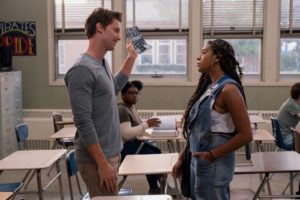
Overall, I was entertained by this movie, but in no way was I moved by it. The themes and claims Moxie makes have been made in less direct ways before in films such as Booksmart or Dumplin. The diversity in this film is decent and recognizes the hardships that women of color still face in a world with modern feminism. We see two types of men in this film, from the supportive man of color to the white rapist, and very few significant in-betweens. Vivian is a character that experiences growth but not without bringing the women around her down. Overall, I don’t believe this film is groundbreaking, but will hopefully influence young women to support their BIPOC friends, speak outwardly against the patriarchy, and be as LOUD as they can be.
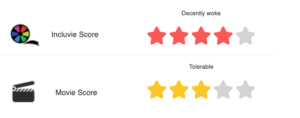
See other reviews on Booksmart (x) and Dumplin (x)
Movie Review originally posted by Allie Posner on Medium
More to explore
By Same Author
Related lists created by the same author




